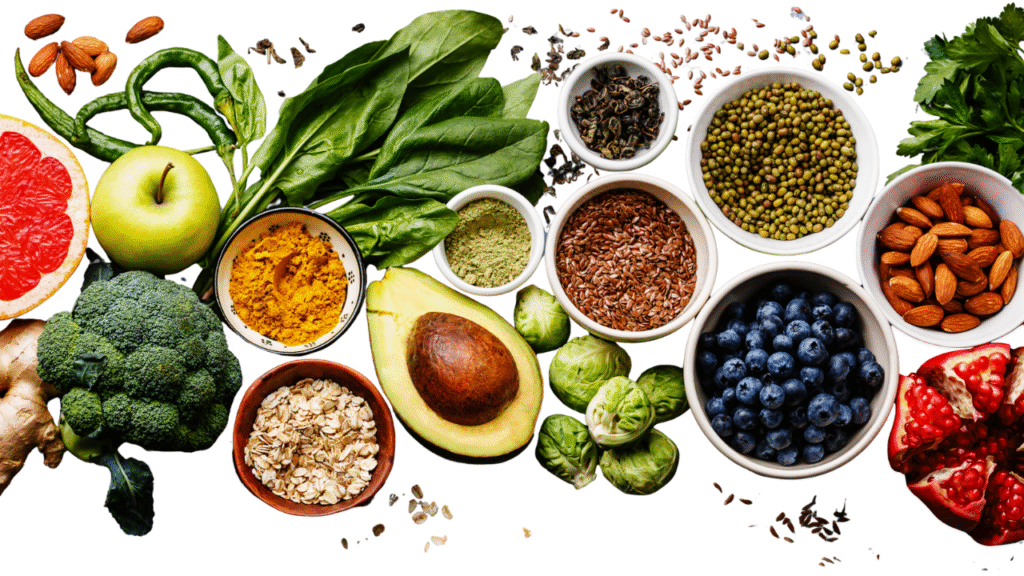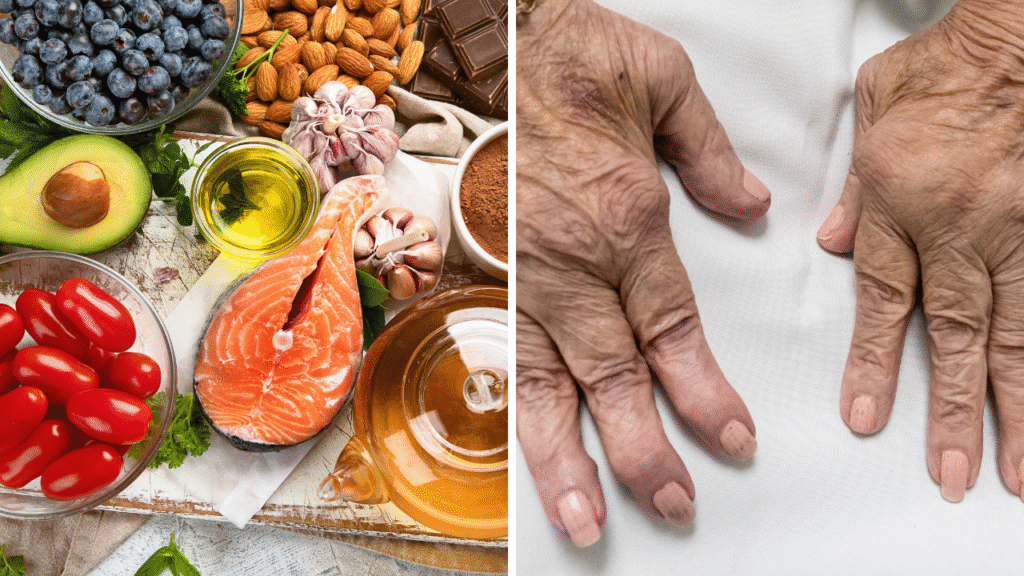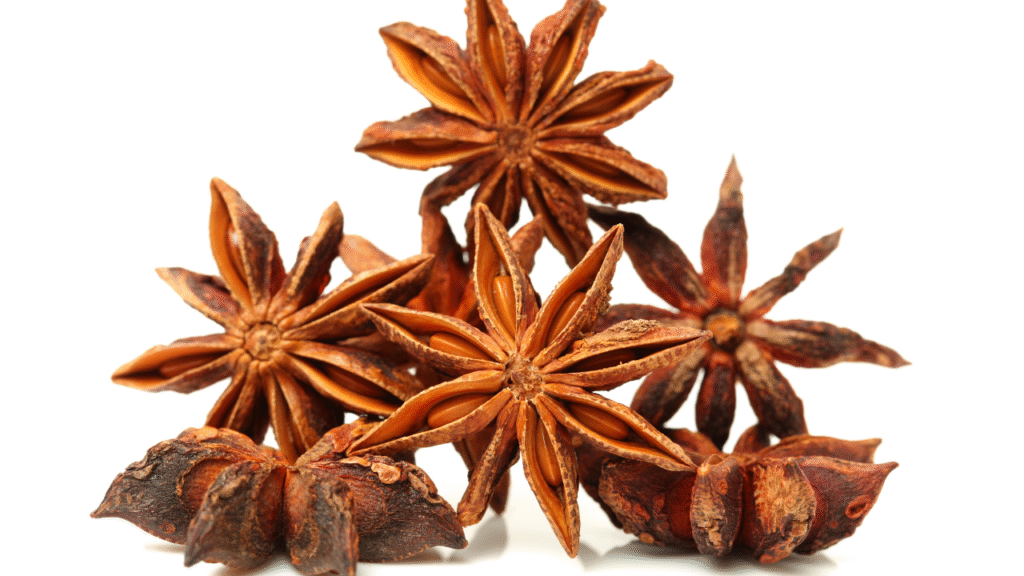It is undeniable that beetroot is a “superfood” due to its high vitamin, mineral, and nutritional content. Beetroot can treat anemia, indigestion, constipation, piles, kidney problems, dandruff, gall bladder, cancer, and heart disease. Additionally, it is utilized as a medicinal plant and a culinary coloring. The contemporary beet’s predecessor was probably domesticated in the Mediterranean region.
Traditional folk herbal treatments have utilized beetroot to strengthen the circulatory and digestive systems. For example, Platina wrote in the Middle Ages that beetroot was beneficial for bad breath.
Nutritional Facts
Beetroots include 87% water, 8% carbohydrates, and 2%–3% fiber. 3/4 cup of raw beets contains 2–3 grams of fiber. Beetroot carbohydrates are mostly glucose and fructose, and some people can’t digest FODMAP fructans, producing stomach discomfort. Beets include plant components that may benefit health.
Betanin gives beets their red color. Leafy greens and beet juice are rich in inorganic nitrate. Cooked beet tops contain iron, vitamins C, A, magnesium, potassium, and folate.
Shop on Amazon
Health Benefits
1. Lower Blood Pressure
Beets contain nitrates that the body converts to nitric oxide. Nitric oxide enhances blood flow, relaxes blood vessels, and lowers blood pressure. In 2015, 68 persons with high blood pressure drank 250 ml of beetroot juice daily. After consumption, blood pressure dropped considerably.
2. Increase Stamina
Beetroot and its juice improve the performance of your heart and lungs during exercise. Beets contain nitric oxide, which increases blood flow to your muscles. People who drink beet juice before exercising can exercise for 16% longer. In the human body, nitrates in beets are converted into nitric oxide, which reduces oxygen expenditure for low-intensity activities while increasing tolerance to high-intensity exercises.
3. May help fight inflammation
Beets contain pigments known as betalains, which have anti-inflammatory properties. Chronic inflammation is a root cause of obesity, cardiovascular disease, liver disease, and many forms of cancer. One study discovered that drinking 8.5 ounces (250 mL) of beet juice for two weeks significantly reduced several inflammatory markers, including C-reactive protein (CRP) and tumor necrosis factor-alpha (TNF-a).
4. Boost Your Immune System
Beetroot is high in vitamin C, which increases the activity of white blood cells and strengthens our resistance to viral, bacterial, fungal, and protozoal infections. Fiber also aids digestion and reduces the likelihood of constipation.
5. Boost blood detoxification.
Beetroot contains betalain pigments that support your body’s Phase 2 detoxification process. This process occurs when broken-down toxins are bound to other molecules so that they can be excreted from the body. Beetroot is valued worldwide for its ability to detoxify your body and thus purify your blood and liver.
6. May Control Blood Sugar Levels
Antioxidant beets contain alpha-lipoic acid. This compound may aid in glucose reduction and insulin sensitivity. According to an Iceland study, sugar beet fiber can help reduce hyperglycemia (34). In a UK study, beetroot juice reduced postprandial (after-meal) glycemia.
7. Cancer prevention
Betacyanin is a pigment found in beets that can stop cancer cells from growing. Beetroot juice helps stop or slow the cell changes that these chemicals cause. Nitrates are used to keep meat fresh, and eating them can lead to the body making nitrosamine compounds, which can cause cancer. Beetroot extract might be able to protect against breast and prostate cancers. It could be because beetroot has betanin, a type of betalain.
8. Promotes brain health
The nitrates in beets may help the brain work better by making blood vessels wider, which brings more blood to the brain. As people age, their brains don’t get enough oxygen-rich blood to stay healthy. It has been shown that ingesting beet root powder or drinking beet juice can increase blood oxygen levels, enhancing cognitive performance.
9. Beetroot helps to prevent respiratory problems
Beetroot’s high vitamin C content makes it a healthy addition to any diet and may even assist those with asthma to stay healthy. It also has natural beta carotene, which helps to prevent lung cancer.
10. Can Aid Digestion
For good digestion and gut health, it’s essential to eat enough fiber. Depending on a person’s age and sex, a single cup of beets can give them more than 8.81% of their daily fiber needs. In addition, a lower risk of developing chronic diseases like colon cancer, cardiovascular disease, and type 2 diabetes have all been associated with higher fiber intake.
11. It promotes weight loss
Beets can help you lose weight because they have fiber and nutrients like magnesium and potassium. They not only help the body get rid of toxins and prevent fluid retention but also speed up the metabolism and the body’s natural way of burning fat. So, if you add beet root powder to changes in your diet and exercise, you may be able to lose more weight than if you just changed your diet and worked out.
12. May Boost Energy Levels
Beets, which are high in water content and low in fat and calories, can be used to strike a healthy nutritional balance. Increasing your intake of low-calorie foods like this root vegetable has been associated with weight loss. In addition, drinking beet juice can improve physical performance in runners, swimmers, and cyclists by increasing their oxygen consumption by up to 16%.
Beetroot has been found to enhance the oxygen-carrying capacity of the blood and reduce the oxygen cost of exercise. It may also help reduce the muscle usage of adenosine triphosphate, which is the body’s chief energy source.
13. May Help Prevent Osteoporosis
Beetroot contains nitric oxide, which can help prevent certain lifestyle-related diseases, including osteoporosis. It also contains silica, which the body requires to utilize calcium efficiently. In addition, Supplemental betaine has been shown to reduce homocysteine levels and may have additional benefits, including bolstering skeletal health.
14. Prevents congenital disabilities
Since beets are full of B vitamins and folates, they can be tasty food for pregnant women to eat to help their babies usually grow. Beets are also full of folic acid, an excellent reason pregnant women eat them. Folic acid also helps keep babies from being born with problems in their neural tubes.
Uses of Beetroot
Beets lend their flavor well to both savory and dessert dishes. They can be blended into smoothies or infused in herbal teas. One of our favorite ways of enjoying dried beetroots is to simply snack on them. Using the following suggestions, you can enjoy the health advantages of beets without sacrificing their delicious flavor.
The following tips can help people eat beets in ways that are both healthy and tasty:
- In a salad, combine beets and creamy ricotta.
- Raw beets and carrots can be grated and served with a vinaigrette.
- You can make an eye-catching purple dip with pureed beets and ranch dressing.
- You can add the juice from a small beet to fresh apple or orange juice.
- Serve roasted beets with a yogurt sauce that has mint in it.
- Put some water in a bowl and microwave the beets for 10 minutes.
- They are roasted with sweet potatoes and then added to couscous.
- To make beetroot juice, peel the beets and blend them with fresh orange, mint, pineapple or apples, lemon, ginger, and water. People can then strain it to make it smoother.
[videopress BCLrVwtN]
- Raw beets can be grated or sliced and added to coleslaw or a salad.
- Slice raw beets and sprinkle them with chili powder and lemon juice.
Beets can be roasted, steamed, boiled, or pickled. But, of course, they can eat them raw as well.
There are several ways in which beetroot, one of the healthiest vegetables, can improve your health. When picking a beet, look for one that is heavy for its size and has no damage on the outside. If the tops of a beet are still green, the beet should look fresh and not wilted. These can also be eaten and have a lot of health benefits.
Side Effects
Your urine or stools might be red, purple, or pink if you drink beet juice. People who often get kidney stones made of oxalate should be careful not to eat too many beet tops.
Beeturia is when your urine might look pink if you eat too many beets. Even so, in sporadic cases, beets may cause allergies in some people. For example, when you eat red beets, your urine and poop may turn pink for a short time. However, it won’t hurt you and will go away on its own.
When you eat or drink too much, your blood sugar can suddenly rise. Also, the high amount of nitrates in these tubers may make some pregnant women sick. Having a lot of oxalates in your body can cause uric acid to build up and worsen gout.
Conclusion
Beetroots contain essential vitamins and minerals that can help treat various illnesses. They may delay the signs of aging before their time, lower blood pressure, help a pregnancy go well, reduce the risk of heart disease, and lower the risk of getting cancer. However, overeating beetroot can cause kidney stones and interact with medicines that thin the blood.
Where to Buy
You can find it at grocery stores, health food stores, and online.
Shop on Amazon
DISCLAIMER OF MEDICINE
This information is not meant to provide medical advice or replace a personal physician’s advice or treatment. All readers of this information, especially those taking prescription or over-the-counter medications, should check with their doctors before initiating any nutrition, supplement, or lifestyle program. In addition, the statements and goods on this website have not been evaluated by the Food and Drug Administration.
[videopress BFns9rcQ]




